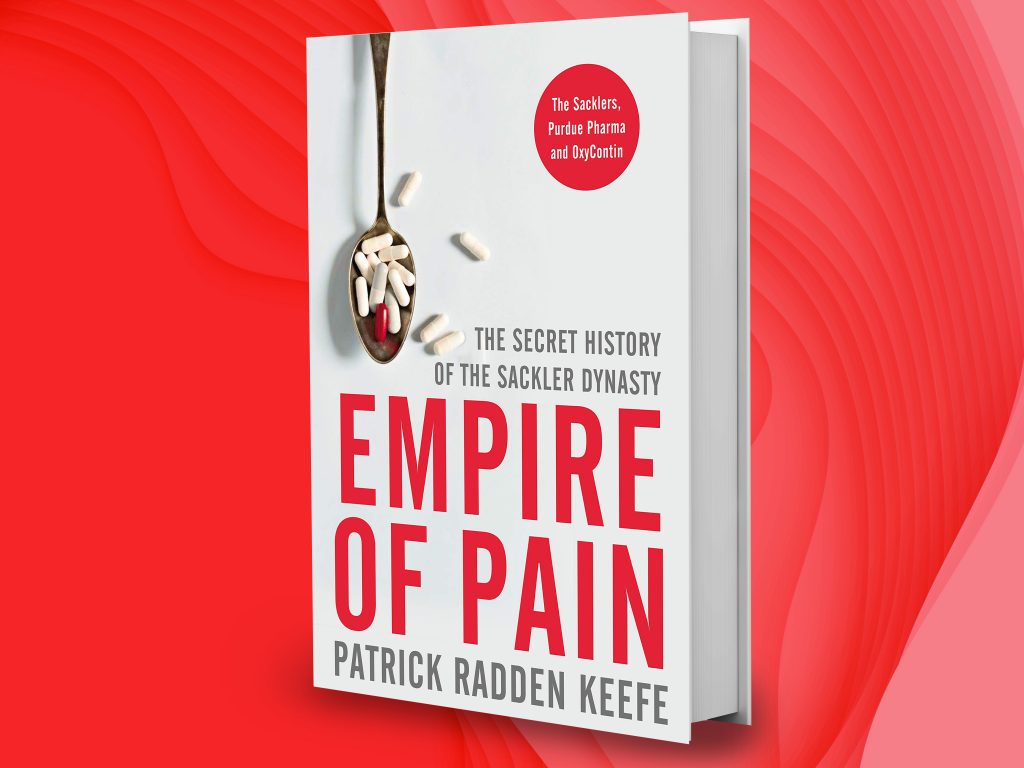The opioid epidemic has grown to become one of the most pressing public health crises in modern history, especially in countries like the United States.
The pain it has caused countless people and their families cannot be overstated, and its impacts are going to be felt for generations to come. سبع ورقات كوتشينة Addressing the devastating consequences and underlying causes of opioid addiction and abuse is crucial to bringing an end to the crisis that first began in the 1990s. لعبة متاهه
Patrick Radden Keefe’s book, Empire of Pain: The Secret History of the Sackler Dynasty, does the hard work of tracing the origins of the opioid epidemic while simultaneously delivering a powerful account of the Sackler family, some of whom were the founders of Purdue Pharma and played a direct role in the rise of prescription opioids being overused as pain relievers.
The company came to prominence with the rise of the prescription drug Valium, but its downfall would ultimately be due to the abuse and overprescribing of OxyContin, a powerful opioid painkiller that is highly addictive. رولت مواقع تقبل الدفع paypal
Though the book’s subject matter is very serious and at times tragic, one of the things that I liked most about the book was the ways in which the narrative is a distinct blend of scientific research and family history. العاب صالات ما هو الكازينو
It blurs genres, and as someone who likes to read books on different subjects at once, I found it really captured my attention and was a great example of a lot of the things I like most about reading.
It’s a thought-provoking account, and it compels the reader to think about how greed and indifference can be incredibly dangerous things and detrimental to the health of so many.
From a perspective of working in the pharmaceutical and life science sectors, I think it’s a book that everyone should read. Empire of Pain is an example of how the actions of a few can have devastating consequences, and I think it offers many discussion points on the impacts of ethics, power, and the role of private money in health systems.




